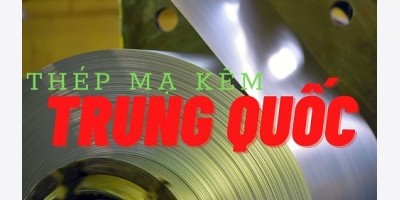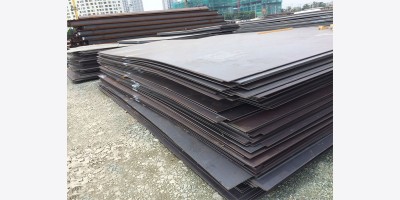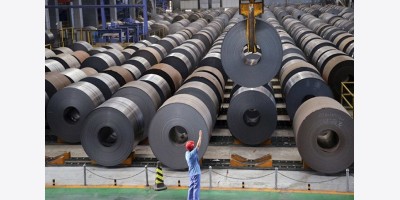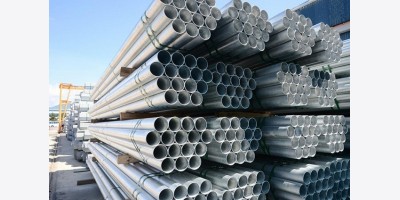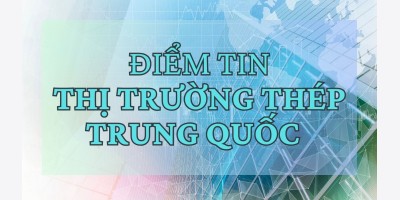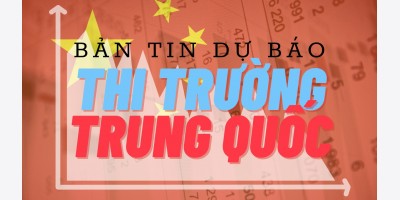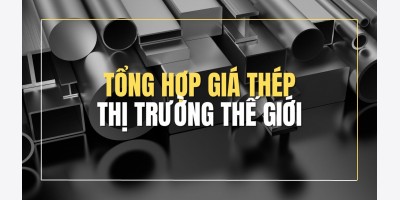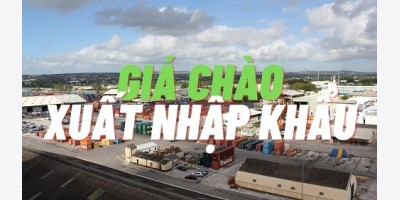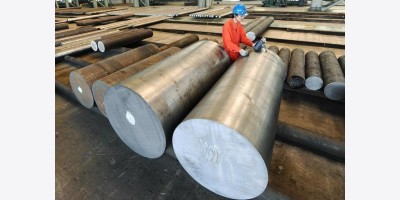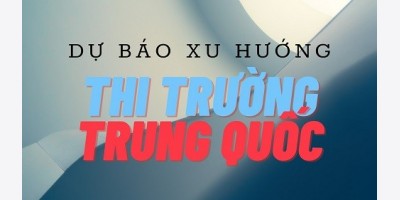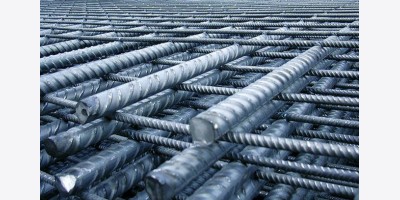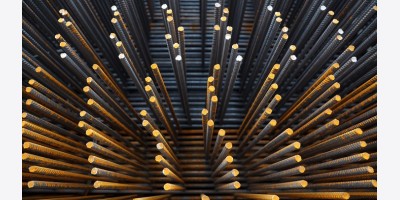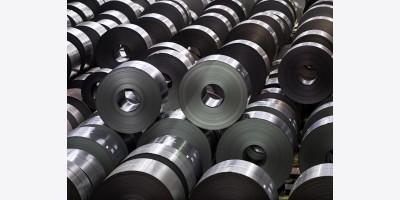| | ||
| Germany’s major steelmakers are driving the recovery of European steel output, with both ThyssenKrupp and Salzgitter running at 100% capacity utilisation in August, and both are expecting this to continue, | ||
| Eastern China’s Shagang issued its September list prices yesterday, and raised its hot rolled coil prices by RMB 150/tonne ($22/t), commercial plate by RMB 300/t and ship plate by RMB 250/t.
| ||||||||||||||||||||||
| ArcelorMittal is looking to increase hot rolled coil base prices by at least €30/tonne for the fourth quarter, targeting a level of €630/t ($808/t), company executives tell | ||
| Offer prices for containerised scrap are falling in Taiwan. Offers for 80:20 HMS 1&2 from USA in-container are down to $395-400/tonne cfr Taiwan this week from $400-405/t offered last week. Bookings made about ten days ago are heard to have closed at around $402-404/t cfr Taiwan for 80:20 compared to offers at around $407/t at that time. | ||
|
| ||
| Atlas Iron says a 50% lift in its iron ore reserves will allow it to meet production targets of 6m tonnes/year by the end of this year and 12m t/y by the end of 2012. | ||
|
| ||
|
| ||
| Korean steelmaker Posco expects that its new annealing and coating facilities for making non grain-oriented electrical sheets in China will be able to operate at almost full capacity from next month. | ||
| Although the Chinese domestic flat steel market remains stagnant due to lack of demand, some market watchers believe the government’s order for mills to control their energy consumption within annual targets will cause China’s steel output to decline from September, which might help boost prices. | ||
| Fresh from signing last Friday’s memorandum of understanding to buy Corus’s Teesside Cast Products slab plant in the UK, Sahaviriya Steel Industries' president Win Viriyaprapaikit says SSI, which is already exporting its higher-value hot rolled coils to the European market, has “instead developed a framework for future cooperation” with Corus. He was responding to a question about whether the pact also includes a non-competition clause. | ||
| Posco has begun building a fourth pickled and oiled line at its Gwangyang works, holding a ground breaking ceremony on 1 September. The new facility will have a capacity of 400,000 tonnes/year and be commissioned in September 2011. | ||
| Eastern China’s Shagang raised its rebar prices by RMB 100/tonne ($15/t) and wire rod prices by RMB 70/t for delivery by 10 September. After the increase, its 16-25mm HRB335 rebar and 6.5mm Q235 wire rod are respectively priced at RMB 4,230/t ($621/t) and RMB 4,350/t, with 17% VAT.
| |||||||||||||||||||||||||
| | ||
|
| ||
| | ||
|
| ||
|
| ||
|
| ||
|
| ||
| Posco’s FeSi ambitions follow pattern of FeCr, FeNi and FeMn | ||
| Posco’s plans to add ferro-silicon capacity in Korea – that might also involve Norwegian silicon alloys maker Elkem – are perfectly consistent with the Korean mill’s record in ferro-alloys investments. | ||
| Three of the five publically listed coke companies in Shanxi province, China’s main coke producing region saw their profits rise in the first half of this year, | ||
|
| ||
|
| ||
|
| ||||||||||||||||||||||||||||||||||||||||||||||||||||||||||
|
| ||
| | ||
| The China Machinery Industry Federation (CMIF) announced on 31 August that China's construction machinery sector recorded a 67% year-on-year sales increase in the first seven months of this year. | ||
|
| ||
|
| ||
| Turkish long steel producer Kardemir has announced new list prices effective from 1 September. Its rebar prices increase by TL 25/tonne ($16.4/t) to TL 940/t ($617/t) ex-works. | ||
| Turkish alloy steel imports continued firm in the first half | ||||||||||||||||||||||||||||||||||||||||||||||
| ||||||||||||||||||||||||||||||||||||||||||||||
|
| ||
| Ferro-alloys imports into Turkey remained firm in the first half of this year, supported by growing steel production,
| ||||||||||||||||||||||||||
| Czech steel stockholder Ferona expects to sell 810,000 tonnes of steel products in 2010, representing an increase of 26% on last year, a company executive informs | ||
| Heavymovement, a Spanish company specialised in logistics services, has concluded a new contract with long steel producer Celsa, | ||
| Italian crude steel output rose slightly in July compared to the previous month,
| ||||||||||||||||||||||||||
|
| ||
|
| ||
| Specialty steel producer AK Steel is keeping its grain-oriented electrical surcharge flat for October shipments. | ||
|
| ||
AK Steel of the US has announced a surcharge increase for its bellwether stainless products. | ||||||||||||||||||||||||||||||||||||
| US scrap market players tell | ||
| Mexico's steelmaking raw materials output continued to move up in June, in light of improved demand from both local and foreign markets. | ||
| Leading producer of specialty zinc and zinc-based products Horsehead Holding Corp said it anticipates being able to restart all four furnaces for zinc oxide production at its Monaca, Pennsylvania, facility by the end of September, | ||
| Despite calls from American industry and Congress to deem China's undervalued currency a countervailable subsidy, the US Department of Commerce (DOC) will not investigate China's currency as a subsidy in two trade cases involving aluminum extrusions and coated paper. | ||
| ||||||||||||||||||||||||||||||||||||||||||||||
|
| ||
Despite mostly glum macroeconomic indicators, the latest report from the Institute for Supply Management shows the US manufacturing sector continued to expand in August. | ||||||||||||||||||||||||||||||||||||||||||||||||||
| Steel volumes continue to increase through the largest steel port in the US, with July's tonnages marking the strongest month for steel that the Port of Houston Authority has seen since March 2009. | ||
|
| ||
|
| ||
| Two iron ore projects awaiting approval by Chilean mining company CAP have now been given the go-ahead by CAP directors, with the combined value of the proposals said to be $916m. | ||
|
| ||
| Brazilian charcoal prices in the country's midwestern state of Mato Grosso do Sul have dropped dramatically over August values, due to weaker demand and scrap/pig iron price volatility, | ||
| Although August saw higher demand than anticipated, Chilean longs price hikes didn't stick and flats prices dipped. After longs prices fell by 8% or so in July, producers tried to bring them back up in August as demand improved. However, the hikes were not accepted by many stockists and traders. | ||
|
| ||
| Egypt’s largest producer Ezz Steel is increasing its rebar prices by EGP 350/tonne ($61/t) to EGP 3,950/t ($692/t) for September sales. The price includes 8% sales tax. The increase of rebar prices had been expected in the market, as SBB has been reporting. | ||
|
| ||
|
| ||
|
| ||
|
| ||
|
| ||
| Investment bank Citi has increased its forecasts for iron ore prices to $145/tonne (€113/t) cif China in 2011/12 after previously forecasting prices at around $130/t, |



